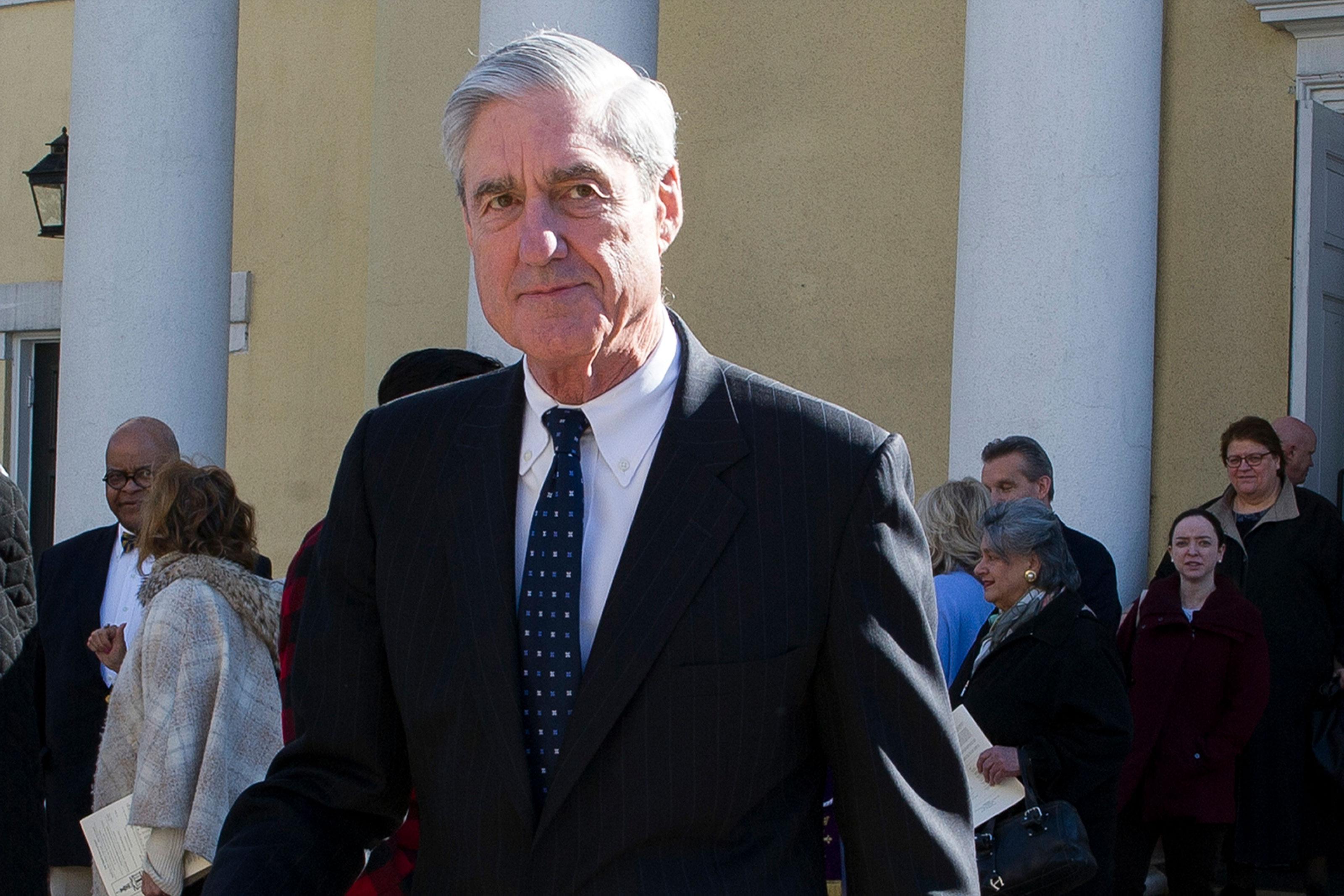
Updated 9:48 a.m.
Special counsel Robert Mueller said Wednesday he believed he was constitutionally barred from charging President Donald Trump with a crime but pointedly emphasized that his report did not exonerate the president. He cautioned lawmakers who have been negotiating for his public testimony that he would not go beyond his report in the event he appears before Congress.
The comments were Mueller's first public statements since his appointment as special counsel two years ago. He announced his resignation ahead of his statement.
"If we had had confidence that the president clearly did not commit a crime, we would have said so," Mueller said. "We did not however make a determination as to whether the president did commit a crime."
Trump, who has repeatedly and falsely claimed that Mueller's report cleared him of obstruction of justice, modified that contention somewhat shortly after the special counsel's remarks. He tweeted, "There was insufficient evidence and therefore, in our Country, a person is innocent. The case is closed!"
Mueller's statement came amid demands for Mueller to testify on Capitol Hill about his findings and tension with Attorney General William Barr.
Barr has said he was surprised Mueller did not reach a conclusion on whether the president had criminally obstructed justice, though Mueller in his report and again in his public statement Wednesday said that he had no choice because of a Justice Department legal opinion that says a sitting president cannot be indicted.
Mueller, for his part, complained privately to Barr that he believed a four-page letter from the attorney general summarizing his main conclusions did not adequately represent his findings.
Read More: Highlights From The Mueller Report, Annotated (via NPR.org)







